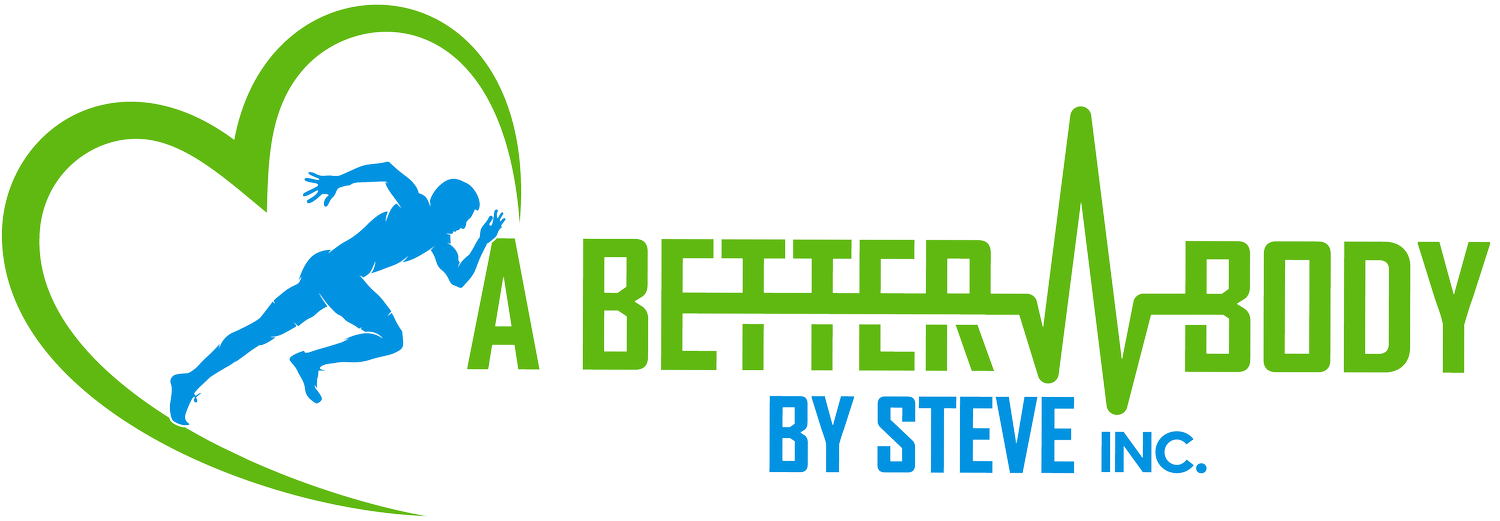Starting a fitness routine can be hard! …especially when we're not sure where to begin. With an abundance of misinformation online and little to no experience to go by, missteps are likely when we're starting out.
Avoid these common beginner fitness mistakes:
1. Starting with too much complexity
You don't need a comprehensive fitness program - you need a place to start. Build daily consistency first with a simple exercise you enjoy (and will actually do), like a 10 minute walk or 5 minutes of jumping jacks every day.
2. Skipping warm-up and cool-down
Always warm up before exercising and cool down afterward to reduce injury. The warm-up is like greasing up your body parts so they work smoothly. It also primes your movements so your body understands what's expected of it before you add more resistance.
3. Overtraining
Don't push yourself too hard too quickly. Give your body time to adapt and recover. Soreness isn’t bad but it can interfere with your consistency. Keeping a good thing going is better than burning out. And injuries can really derail your progress.
4. Using poor form
Focus on proper exercise form to build effective mechanics. Teach the body how to move properly and learn how certain muscles feel when being used. This helps reduce injuries and makes it easier to progress when your body is ready. If you’re not sure, ask us!
5. Neglecting rest
Tissue regeneration happens after your workout, not during. So if you want to recover from your workout, rest is your friend. Besides, tendons and ligaments need additional time to repair, so inadequate recovery time might lead to injuries that interfere with your consistency.
6. Ignoring nutrition
A balanced diet is essential for achieving fitness goals. Start with protein: if muscle growth is your goal, you’ll need adequate protein for protein synthesis. If weight loss is your goal, you’ll need protein to hang on to your muscle as you lose fat. Look to get 0.7g/lb of bodyweight each day, somewhat evenly spread out over multiple meals. (You can consume slightly more if you're building muscle and restricting calories. If fat loss is your goal, use your goal weight.) If you’re not sure, ask us!
7. Setting unrealistic goals
Be patient and set achievable goals to stay motivated. Again, consistency is key. Shooting for the stars and failing miserably doesn’t get you anywhere. Besides, success feels great and is its own motivator. Build upon successes by gradually adding to small goals you’ve already accomplished.
8. Not tracking progress
This awareness is easy to overlook. If you can’t quantify your progress, how can you assess how you’re doing and adjust if needed? It doesn’t have to be complicated! Keep a simple fitness journal to monitor progress and track the effectiveness of adjustments.
9. Comparing yourself to others
Everyone's fitness journey is unique. Focus on your own progress. We often only see the highlight reel of other people's lives (and sometimes those highlights are enhanced!) We also don't know the full story behind someone else's success. Refocus your attention on your own personal quest.
10. Not consulting a professional
There's so much information out there… how do you know what’s appropriate for your goals? Hiring a personal trainer or coach not only gives you insight and clarity but also maximizes progress and potential.
Beginning a fitness routine is a tremendously valuable endeavor. It’s good for your body and mind; it can improve quality of life and mood; it can help you live longer and be happier. Being mindful of potential missteps can help you maintain consistency and maximize success. Good luck!












